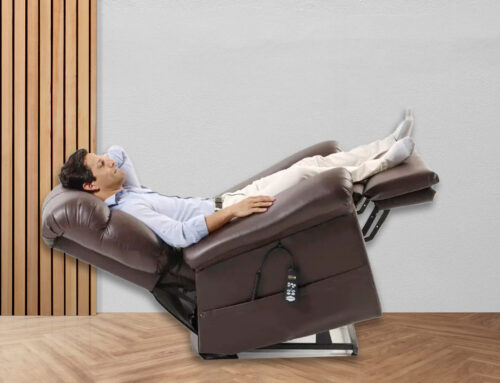Preparing your home health care kit will give you peace of mind if you or your family are ever caught in an emergency. More than half of Americans take prescription medicine, and finding a nearby pharmacy or re-filling a prescription in an emergency situation may be impossible. To avoid confusion, organize all medications and over-the-counter medications, and keep vitamins and boxed foods in tightly sealed containers. It’s also a good idea to update your emergency preparedness kit every year as your family’s needs change. Keep your equipment in a designated location, and make sure your family members know where to find it.
Basic sanitation and hygiene items
If you live in an area where sanitation is a concern, it is a good idea to include some basic sanitation and hygiene items in your home health care kit. These supplies can be helpful in emergencies or disasters. For instance, it is wise to have deodorant and insect repellent. It would help if you also kept household bleach on hand for disinfecting. Toilet paper and sanitary napkins are other essential items to have on hand. Also, it is helpful to have rubber sheeting or other special clean equipment available. You can also keep a weekly accumulation of daily newspapers for insulation or lining clothing against cold.
Disasters can be messy and uncomfortable. Without proper sanitation, you and your family could quickly get sick. Having clean clothes and sanitation supplies is crucial, especially if you plan to stay in a tent for a few days.
Medical supplies
Medical supplies to include in your home health care kits can be essential for providing quality care in your loved one’s home. Though they can be expensive, home medical supplies can help ensure your loved one’s safety and comfort. If your budget is limited, consider consulting a nurse or physician to get an idea of what items are needed. Often, mobility tools are the priority. But it would help if you also considered the person’s specific needs.
First aid kits are essential for handling common emergencies and injuries. You should have one in your home and one in your car. The first aid kits should be easy to access and stored out of the way of small children. Also, you must ensure that children understand the purpose of the first aid kit.
Tweezers
One of the essential items to have in your home health care kit is a pair of tweezers. These are a valuable tool for removing splinters, shards of glass, ticks, and other debris from your skin. They are available in several styles, from plastic disposable tweezers to stainless steel and pointed models. Tweezers can help you remove any splinters from the skin, and some have special features to aid in removing them.
Tweezers help pluck the hair, remove small objects, and create fancy manicures. They consist of two levers attached to pincers on the other end. They can be operated with one hand.
Face masks
A pair of face masks is one of the essential items in a health care kit. These masks protect the face from harmful airborne particles that may cause a severe illness. These masks are necessary for the immunocompromised and the unvaccinated in our communities.
These masks are effective for reducing the spread of respiratory infections. They are suitable for children under two years of age and even for children with underlying health conditions. They may also be instrumental in households with immunocompromised or quarantined members.
Instant ice packs
Instant ice packs are a quick and convenient way to treat minor injuries. Fold the top of the bag down, shake it, and apply the ice pack to the injured area. The ice will quickly reduce swelling and inflammation. The ice pack can be easily stored in a refrigerator or freezer.
Instant ice packs come in various forms and contain different ingredients. Some are shaped like cute animals, while others have soft beads. Some turn solid when frozen and remain soft when thawed. They’re commonly included in first aid kits. Instant ice packs can also be stored at room temperature and only turn cold when squeezed.
List of emergency contacts
Having a list of emergency contacts in your home health care kit can save you time and money in an emergency. It should contain the names and phone numbers of the people you want to notify in case of an accident or illness. Your list should also have the name and phone number of your doctor, hospital, and in-network provider. You should also include non-emergency numbers for local police and ambulance services. Lastly, have the contact information of your school or pet sitter.
Besides listing your emergency contacts, you should also include a list of essential schedules and appointments. You should also have information about your children’s after-school activities and any pending charges. In addition to your list of emergency contacts, make a list of family members you would want to notify in case of an emergency. In addition, you should also include their home and work addresses so they can be reached quickly in a crisis.
Mednation is your best option; we offer the best home health care products to improve your life and your loved ones.





